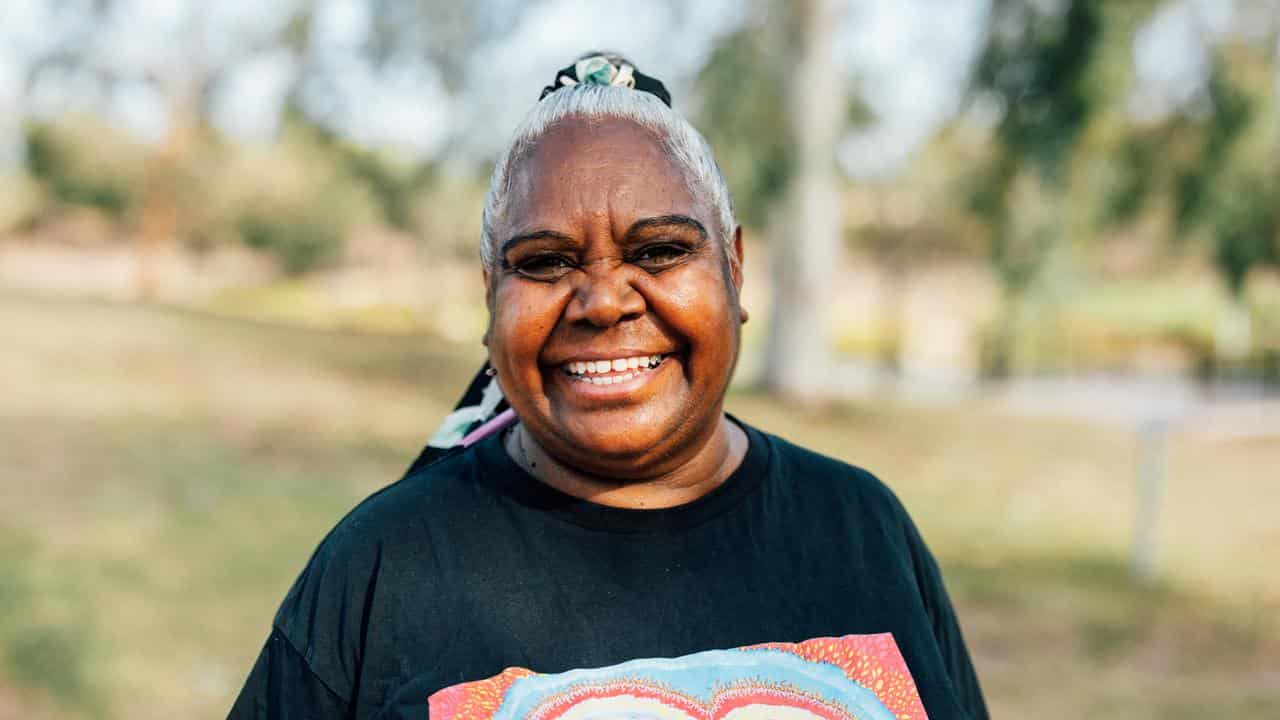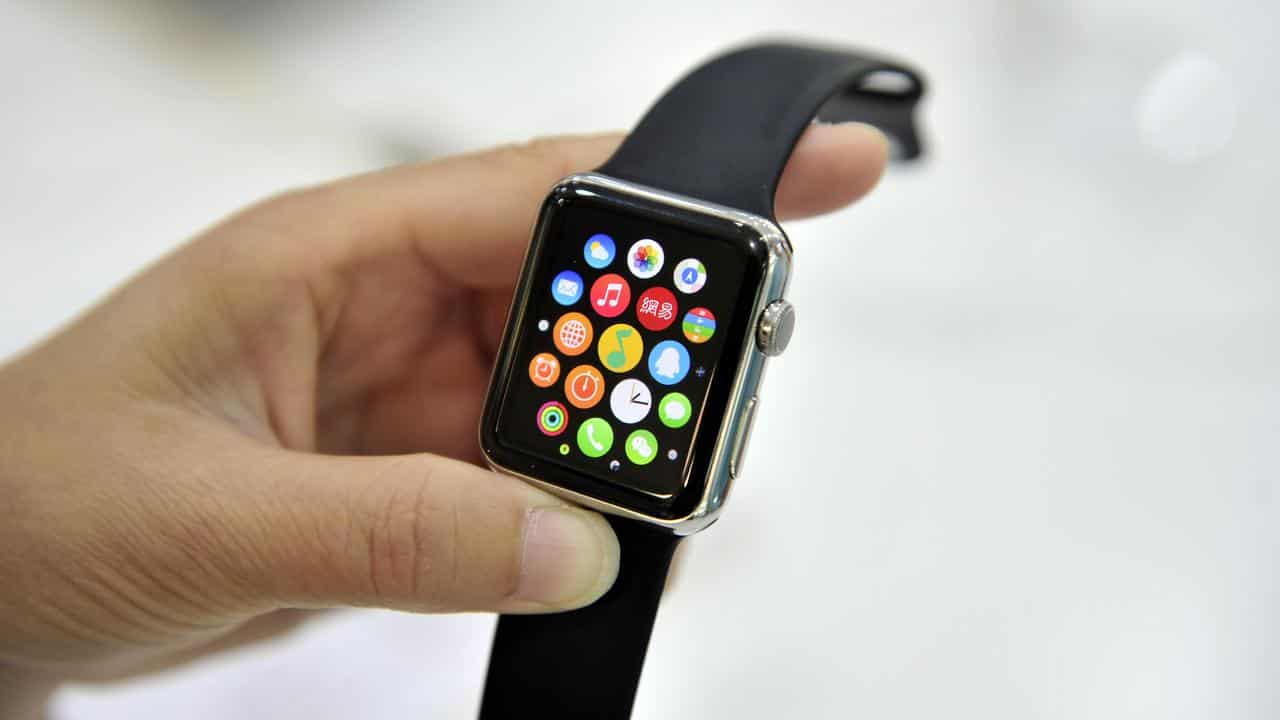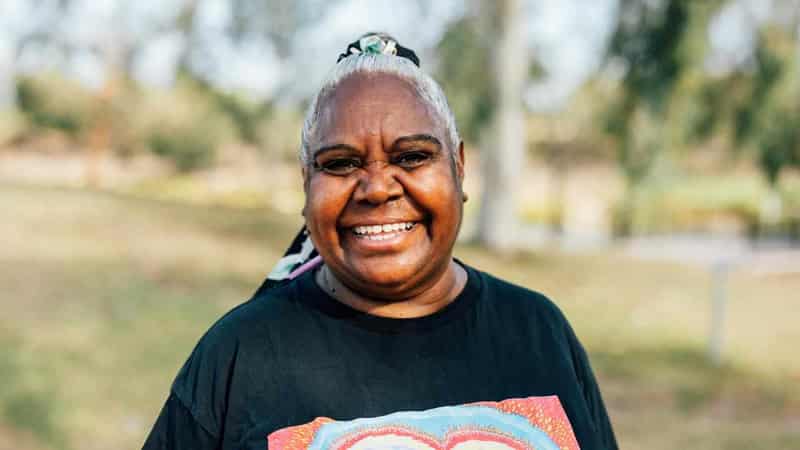
When Aunty Mary Waites joined a research trial aimed at helping to reduce the risk of stroke and cardiovascular disease in Aboriginal and Torres Strait people, she saved her husband's life.
When Aunty Mary, a Ngemba woman from Brewarrina in western NSW, had her blood pressure checked by the local Aboriginal Medical Service, as part of the study, it prompted her husband Lindsay to do the same.
Mr Waites had an abnormal reading and went to Dubbo hospital for more tests, which found two and a half blocked arteries.
He had surgery at Sydney’s Royal Prince Alfred Hospital, where doctors found another one and a half-blocked arteries.
“Lindsay had no symptoms or pain, the only reason we found out about this was because he had a simple 30-second check done,” Aunty Mary told AAP.
“I would encourage all our people to get tested - it’s just a few seconds that could save your life."
Aboriginal health experts at the Heart Research Institute are sounding the alarm on atrial fibrillation (AF), a leading cause of stroke, amid the pilot study which encourages people to take a greater role in their healthcare.
Bundjalung elder Boe Rambaldini, Associate Professor with the Djurali Centre for Aboriginal and Torres Strait Islander Health Research, said Aboriginal people are more likely to suffer cardiac problems like heart disease and stroke, due to the prevalence of AF or an irregular heartbeat, with too many people falling through the cracks in the mainstream health system.
“Aboriginal people experience higher levels of AF at an earlier age than the general population, and research shows we are also experiencing catastrophic strokes at a much younger age,” he said.
“We want to close the gap when it comes to healthcare, and we can do this by helping Aboriginal people be more actively involved in their own health.
"Checking for AF is one simple way."
Prof Rambaldini said the ultimate goal is for every Aboriginal person to be checked for AF every time they go to a health clinic.
“It’s a pulse test that takes 30 seconds, it should be part of routine care," he said.
“Life-saving screening is available for people over 65, but that‘s often too late for Aboriginal people, who need to be screened from age 55 years."
The Djurali Centre officially joined the Heart Research Institute in December and is piloting wearable technology for AF detection.

Djurali research director Assoc Prof Kylie Gwynne said they had developed a culturally-safe protocol for screening in primary health care settings and are using smart watches.
“Digital technology is changing how we care for our health, and it has the potential to provide cost-effective services for under-served populations,” she said.
Half a million Australians unknowingly have AF and that number is projected to increase by 150 per cent over the next four decades - potentially leading to a sharp increase in stroke and heart failure.
In people with AF, blood circulates in the heart in an abnormal way, so there is a tendency for clots to develop.
If a clot blocks the brain artery, it can cause a stroke.
AF-related strokes tend to be larger, more severe, and harder to survive than strokes due to other causes.
“The watches in this pilot study are another tool really to engage patients in finding what their AF status is, and engaging their health professionals in that," Prof Rambaldini said.
“This study is all about finding problems as early as possible and facilitating access to the best available treatment to try and close the gap in life expectancy and quality of life for Aboriginal people.
“AF occurs more commonly in Aboriginal people at an earlier age, and when AF is found earlier, the risk of stroke is much higher than for non-Aboriginal people.”
The risk of AF is increased by heart disease, high blood pressure, type two diabetes and sleep apnoea, as well as the use of stimulants like tobacco smoking.









